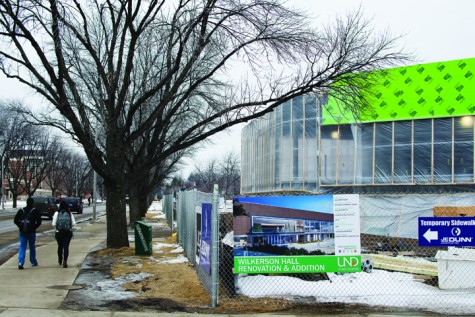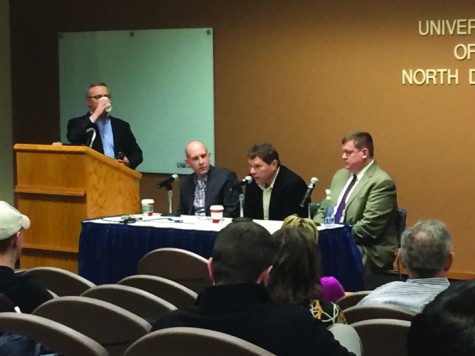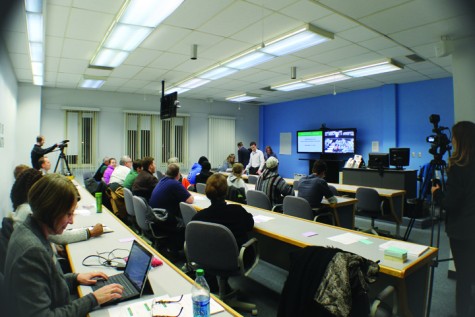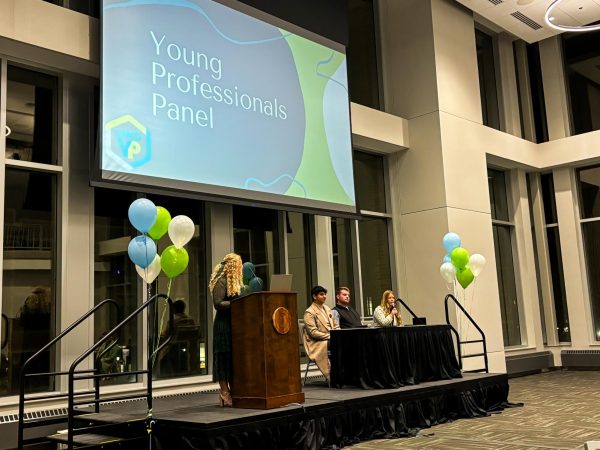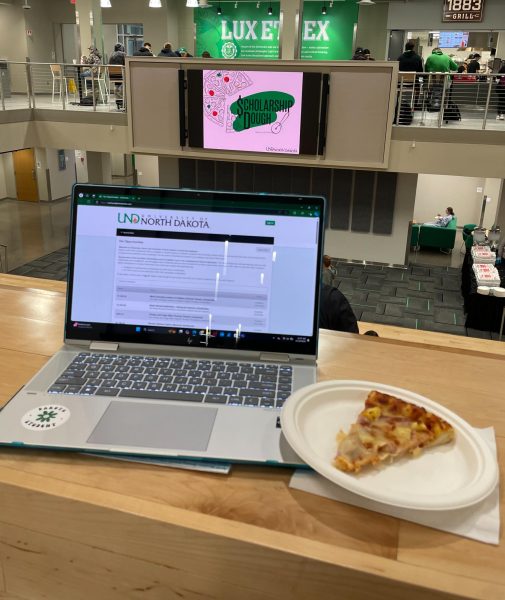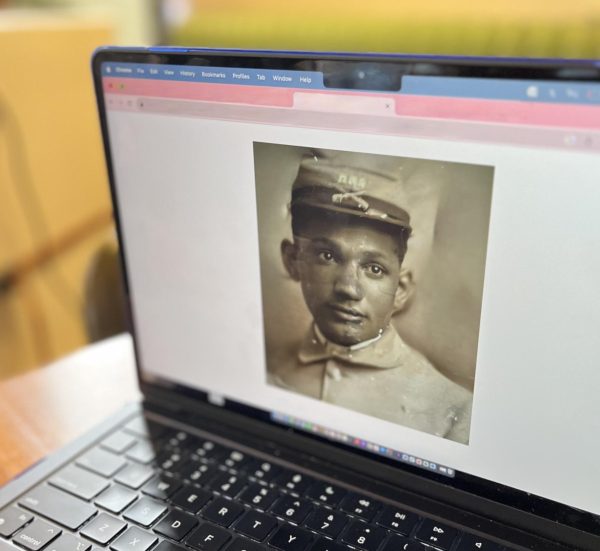North Dakota receives substance abuse grant
An interdisciplinary team of UND faculty members was awarded a $550,000 grant to train students in North Dakota in an evidence-based program which screens patients for alcohol and drug abuse.
The United States Department of Health and Human Services awarded the grant to a team consisting of nursing, social work and psychology faculty members to teach these techniques to students.
“It’s an evidence-based practice model used to identify, reduce and prevent problematic use, abuse and dependence of alcohol and drugs,” said Thomasine Heitkamp, a professor in the Department of Social Work.
The program is called Screening, Brief Intervention and Referral to Treatment and will be taught to social work and nursing students, but primarily advanced practice nurses.
“We’re going to be training child welfare workers, and we’ve already talked to some people in the Oil Patch, so we’re going to be training some people out there,” Heitkamp said.
The first phase of this training is set to begin next month.
“We’re going to do a big training in February,” Heitkamp said. “I think we have a group of 70 signed up for this.”
Doctor of Nursing Practice Director Maridee Shogren said substance abuse is a problem that often goes unreported and SBIRT is the reaction to it.
“Basically, it’s a response to the fact that there’s a lot of unreported substance abuse,” Shogren said. “It’s an uncomfortable topic to ask people about how much they’re drinking or if they’re using drugs. This is there to help with that.”
Heitkamp said she likes this screening model because it’s brief, affirming of people and adaptable.
“You can use this model in a lot of settings,” Heitkamp said. “You don’t need special equipment to use it.”
The end goal of this interdisciplinary team is to prevent unhealthy alcohol and drug abuse which can affect everyday lives.
“Unhealthy use of alcohol and drugs is not ever going to help you achieve goals. So you want people to be performing on every level of their life,” Heitkamp said.
In order for goals to be addressed, change needs to be made, she said.
“What we really hope through this identification is that people can change their habits.” Heitkamp said. “Changing behaviors doesn’t happen easily.”
Jamie Hutchinson is a staff writer for The Dakota Student. He can be reached at [email protected].



